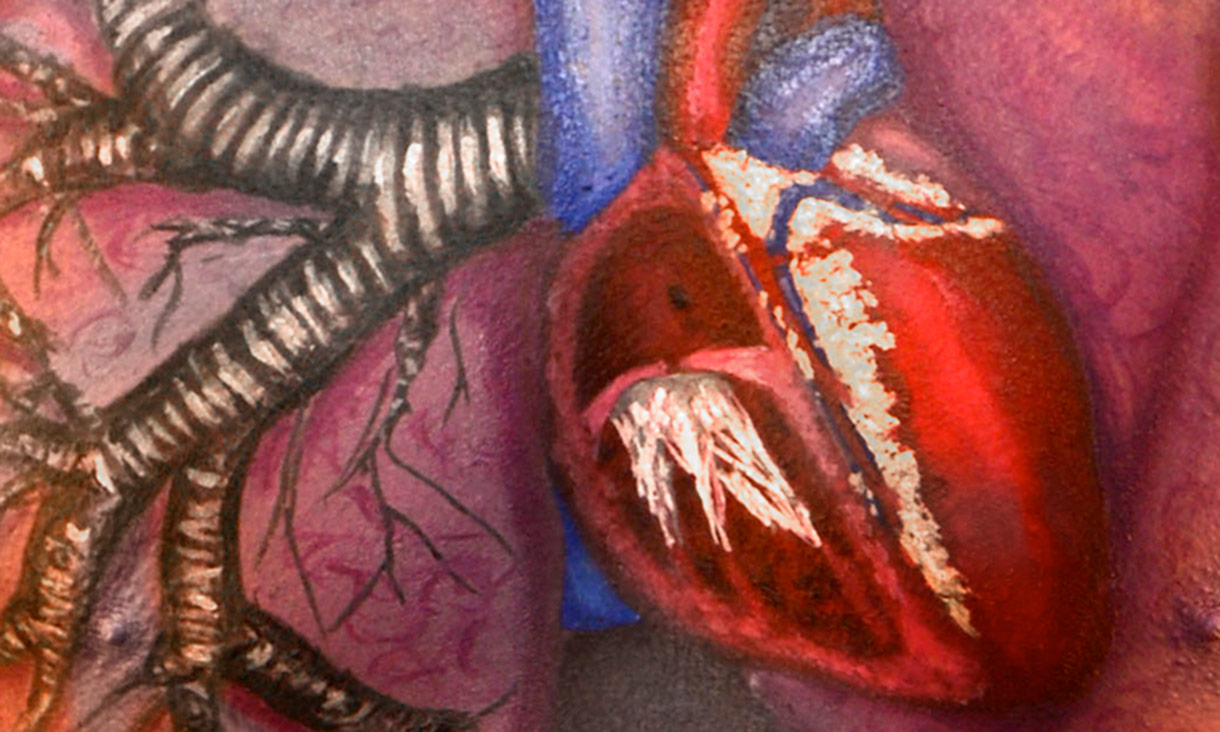Psychology
RMIT specialises in clinical psychology, based on a cognitive-behavioural approach. Our courses are accredited by the Australian Psychological Association.
Social work, social sciences and human services
Transform lives and create lasting social change. At RMIT, you’ll learn from passionate, engaged members of society who work towards a fairer world for all.
Community services
RMIT’s community services programs and courses cater for those employed full-time and casually at all career levels, from pre-service to early career to professional.





